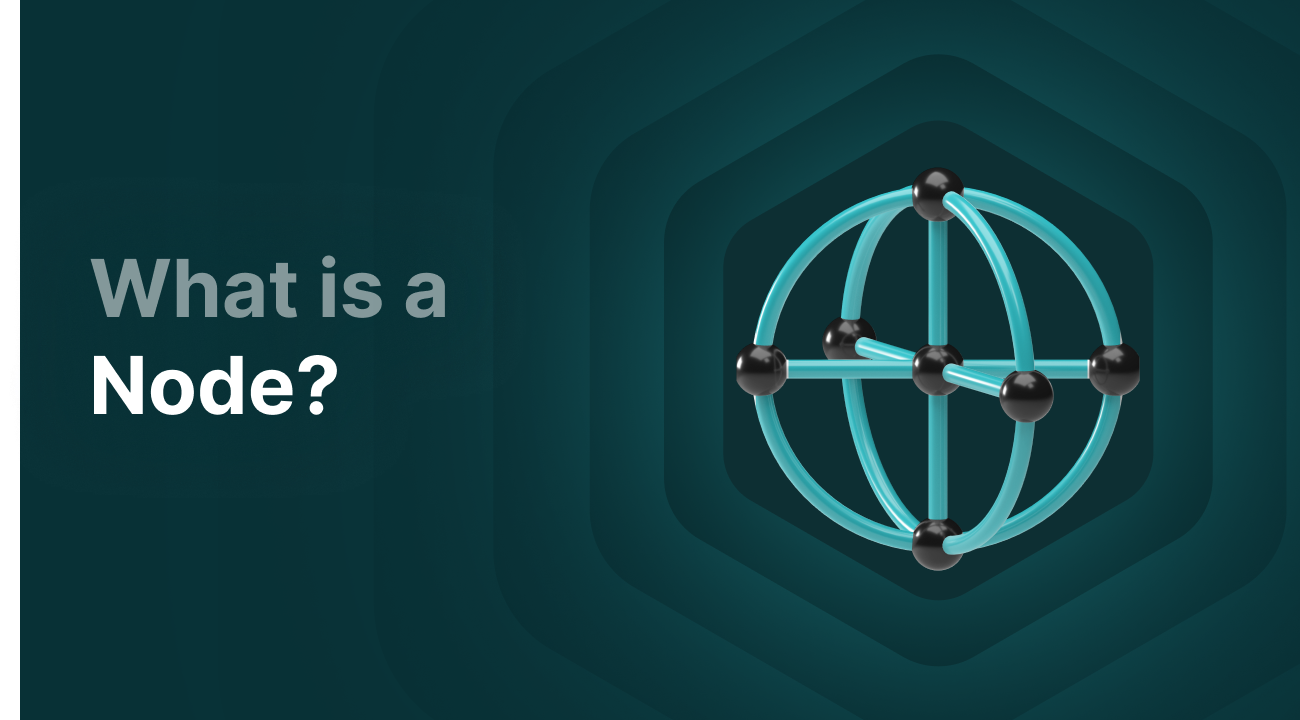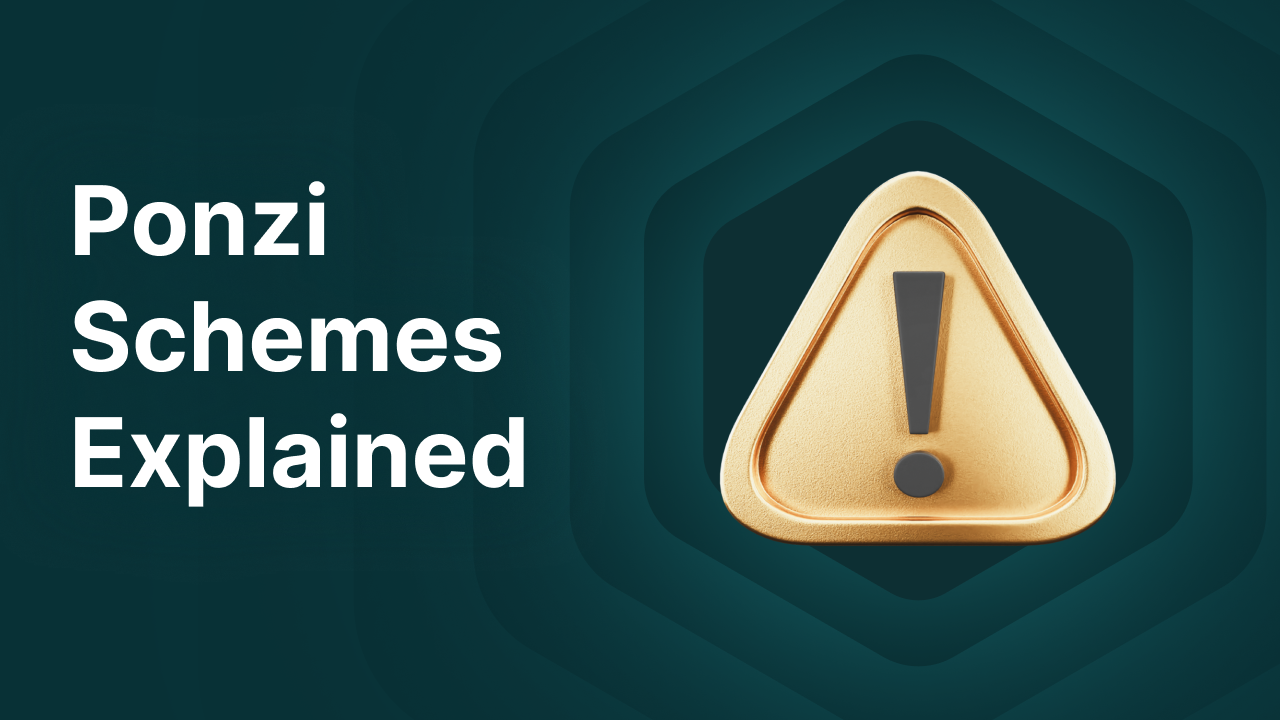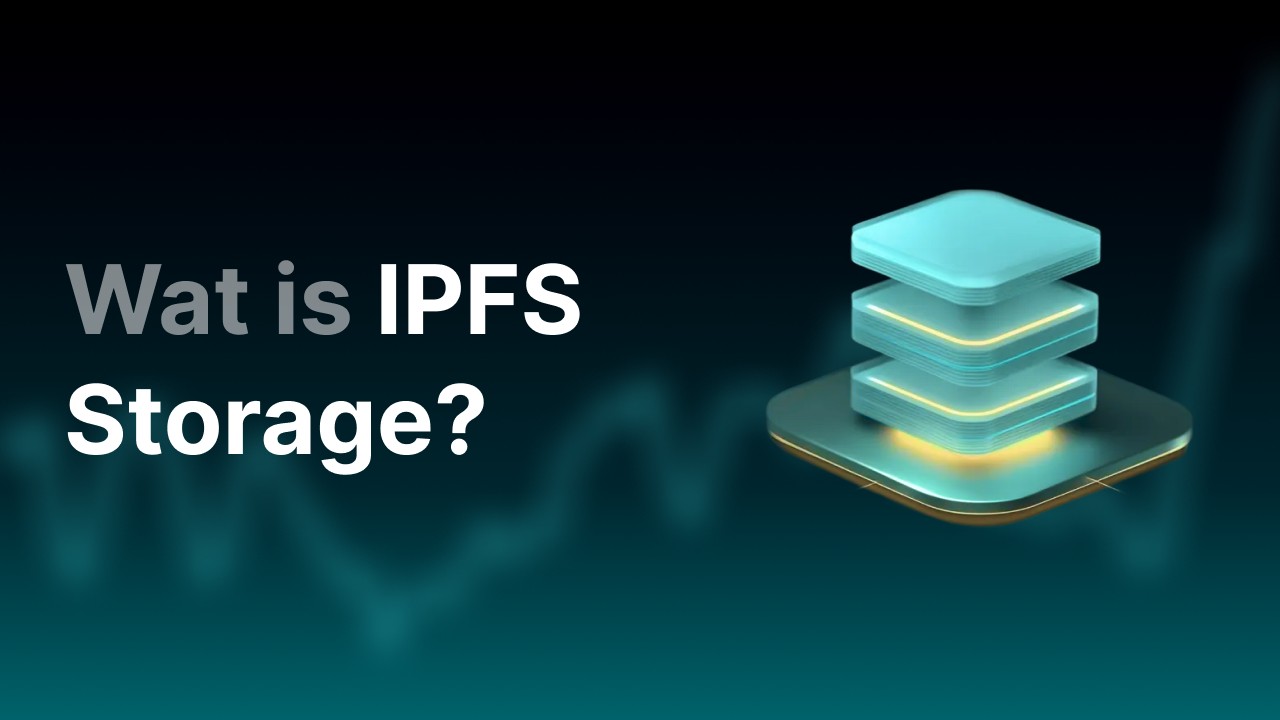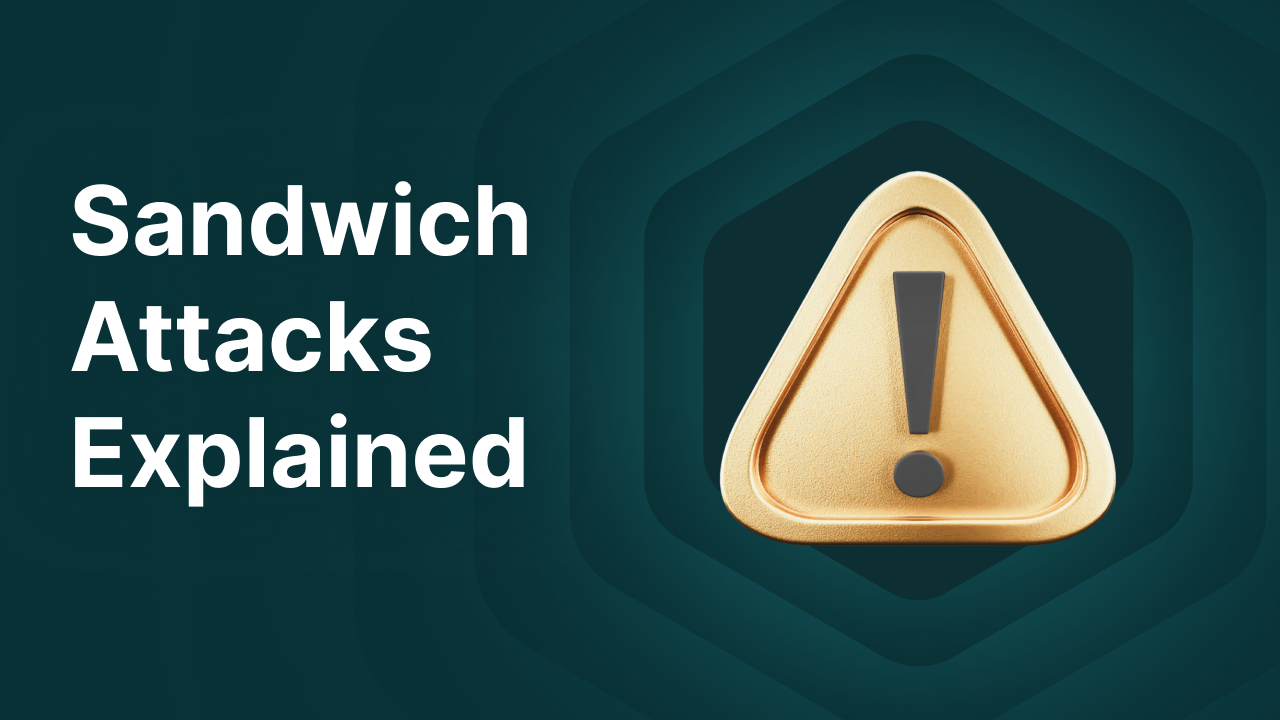What Is a Node and How Does It Work?

What Is a Node?
A node is a computer or device that participates in a network as an independent unit and helps ensure that blockchain networks remain operational. Nodes store a copy of the entire blockchain and help verify and transmit information within the network. Blockchain technology wouldn't exist without nodes—they're a key part of the crypto ecosystem.
Nodes make it possible to validate transactions without needing a central authority. Every transaction on a blockchain network is sent through nodes, which verify it and eventually add it to the blockchain. This process supports the security, reliability, and decentralization of cryptocurrencies.
Key Takeaways
- Nodes are participants that keep blockchain networks running
- They verify and validate transactions across the network
- There are different types of nodes with specific responsibilities
- In most cases, anyone can run a node, provided they have the right resources
How Do Nodes Work?
Nodes act like digital bookkeepers. They record everything that happens on the blockchain and store that data in a distributed ledger (a type of database). When someone wants to make a transaction, it’s first sent to the network of nodes. These nodes verify the transaction and pass it along to others.
A key function of a node is to validate transactions—for example, by checking whether the sender has sufficient balance. Once a transaction is approved, it’s added to a new block, which is then appended to the blockchain. This update is shared across the entire network, ensuring that all nodes remain synchronized.
There are also mechanisms in place for nodes to monitor each other. If a node behaves suspiciously, others can detect it and take action. One common method is a voting mechanism, where a majority (usually 51%) decides whether a node should be removed.
What Types of Crypto Nodes Are There?
There are several types of nodes, each serving a different purpose in a blockchain network.
Full Nodes
Full nodes store a complete copy of the blockchain and strictly follow the network’s rules to validate transactions and blocks. They are essential for maintaining the security and integrity of the network.
Light Nodes
Light nodes store only part of the blockchain and rely on other nodes for most of their verification processes. They’re more efficient and require less storage, making them ideal for mobile devices or users with limited resources.
Miners
Miners are nodes that operate on Proof-of-Work blockchains like Bitcoin. These nodes validate transactions and compete to solve complex puzzles. The first miner to solve the puzzle adds a new block to the blockchain and receives a block reward.
Validators
Validators are nodes that validate transactions on Proof-of-Stake blockchains such as Ethereum. Instead of solving puzzles, validators “stake” crypto to earn their role. The more crypto they stake, the higher the chance of being selected to validate the next block.
Masternodes
Masternodes have more responsibilities than standard nodes. They may help manage governance proposals or speed up certain transactions. They’re commonly used in Proof-of-Stake or Delegated Proof-of-Stake blockchains. Masternodes are usually more complex and run on powerful servers.
Can I Run a Node Myself and Validate Transactions?
Yes, it's possible to run your own node, but it’s not always practical or profitable for everyone.
On Proof-of-Work networks like Bitcoin, setting up a mining node requires expensive and powerful hardware, along with technical expertise. On top of that, mining consumes a lot of electricity, which often makes it unprofitable for individuals.
With Proof-of-Stake networks, you don’t need advanced hardware, but you do need to lock up a significant amount of crypto (staking) to become a validator. On major networks like Ethereum, the required stake can be worth tens of thousands of dollars. Plus, you’ll still need technical skills to install and maintain the software. So, while it's possible, running a node on a Proof-of-Stake network isn't realistic for everyone.
In theory, anyone can run a node—but in practice, it can be complicated. Luckily, there are other ways to participate in blockchain networks. For example, you can stake your crypto through a platform like Finst. By doing so, you support validators and help keep the network running while earning rewards based on your stake.
Note: Running a node or staking crypto comes with risks, such as technical errors, loss of funds, or market fluctuations. Always do your research and only invest what you can afford to lose.
Final thoughts
Nodes are essential for blockchains to function. They store data, validate transactions, and keep the network up to date. There are different types of nodes, each with specific tasks and responsibilities. If you’re interested in running your own node, make sure you understand the technical requirements and the type of network you're working with. If running a node isn’t feasible for you, you can still participate by staking crypto via platforms like Finst and earn rewards for it.




